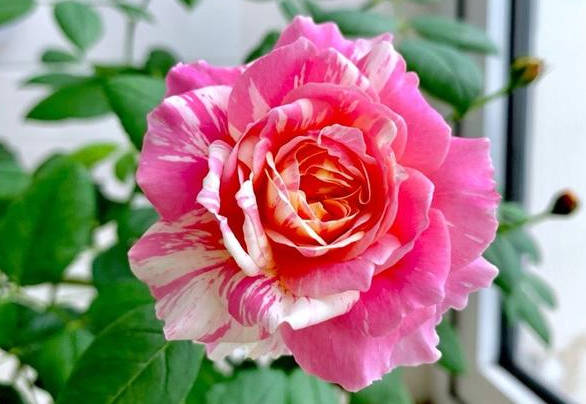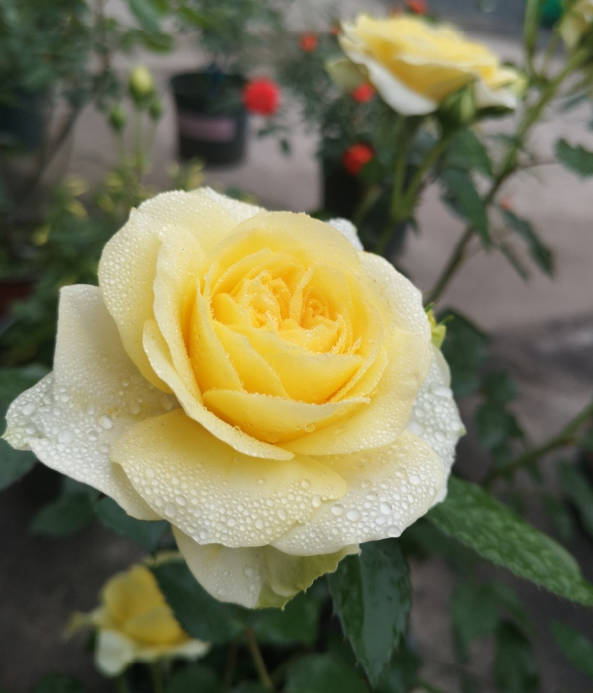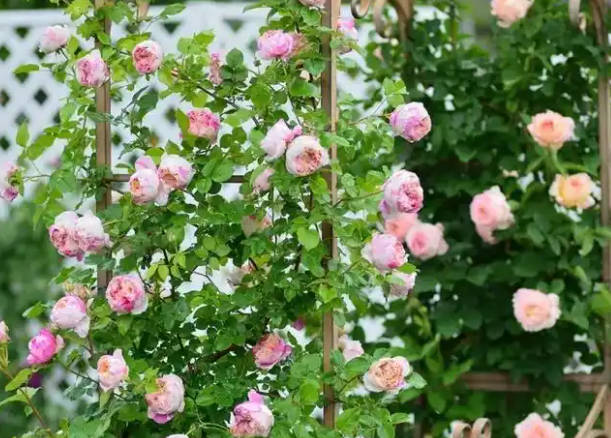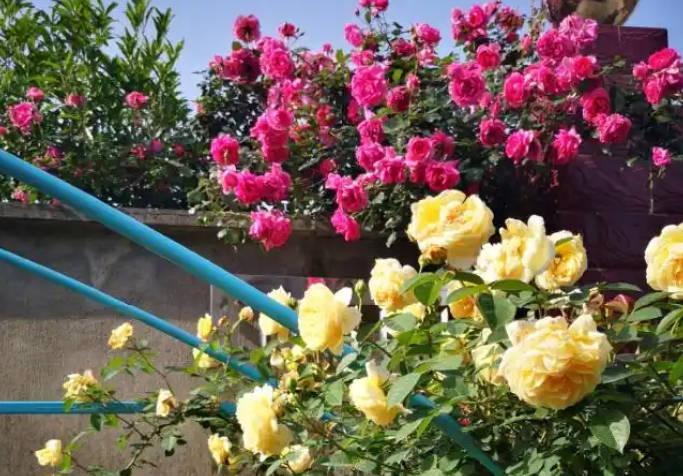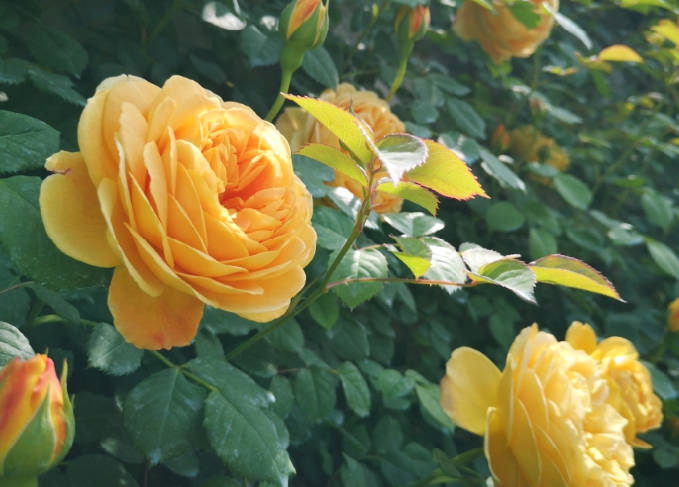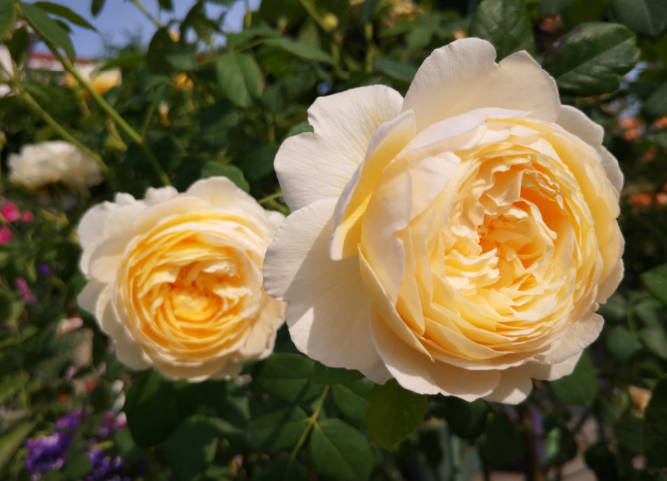When to Stop Fertilizing Roses in Heat
Recently, many gardening enthusiasts have been asking this question, so today we will take a detailed look at the correct method for fertilizing roses in summer.
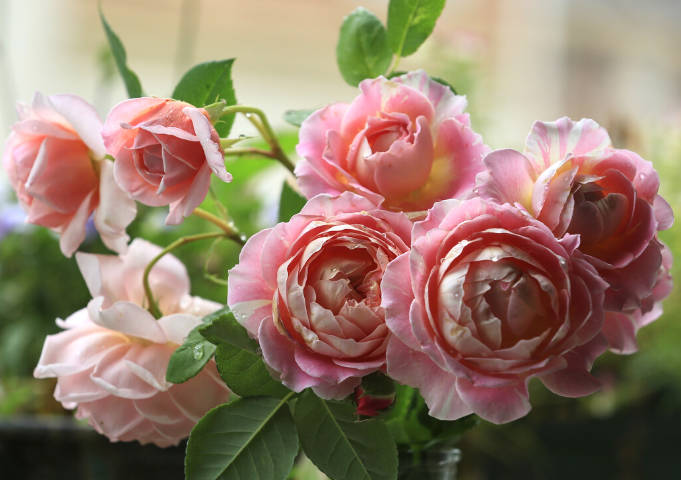
Do roses need fertilization in summer?
Different varieties of roses exhibit significant differences in their growth patterns during summer:
- Climbing roses: Summer is their peak growth period, requiring ample fertilization and watering. Continuous fertilization promotes robust growth of new shoots, laying the foundation for blooming in the following spring.
- Shrub roses: Most varieties have average heat tolerance and may enter a semi-dormant state during the peak of summer, with slow or even stagnant growth. However, some heat-tolerant varieties continue to grow.
Judgment criteria:
- If roses are growing slowly or showing signs of stunted growth, fertilization should be stopped.
- If the plants are growing vigorously, moderate additional fertilization can be maintained.
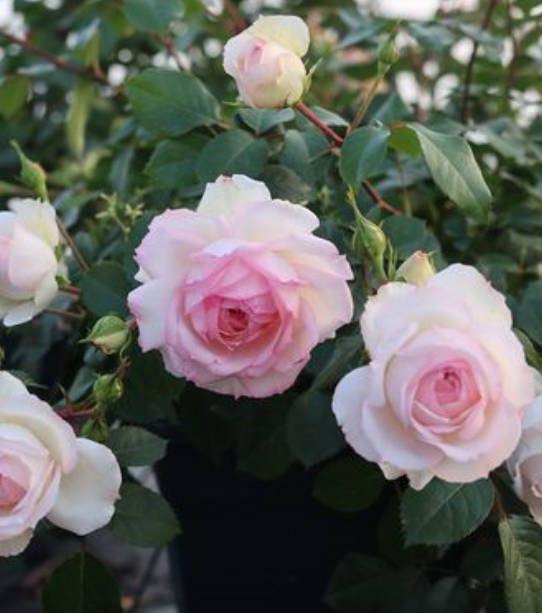
What type of fertilizer is suitable for summer use?
Many gardeners have concerns about summer fertilization: Can organic fertilizers and slow-release fertilizers cause fertilizer damage? Can water-soluble fertilizers lead to black stems?
Key Timing:
- June (early summer): Roses are still in the growth phase, so the spring fertilization plan can be continued.
- July–August (peak summer): When temperatures exceed 35°C, some roses may cease growth, requiring an adjustment to the fertilization strategy.
Spring Fertilization Review:
Early May (after the first bloom): Typically apply:
- Composted organic fertilizer
- Controlled-release fertilizer
- Water-soluble fertilizer (continue until the end of the second bloom period in late June)
Summer fertilization recommendations:
- Organic fertilizer/controlled-release fertilizer: The effects of fertilizer applied in May can last approximately three months, so there is no need to reapply during the summer. Wait until after the autumn pruning in late August to replenish.
Water-soluble fertilizer:
- Climbing roses: Apply a balanced compound fertilizer every 15 days, combined with watering.
- Potted shrub roses: If growth is vigorous, apply a general-purpose water-soluble fertilizer every 5 days (diluted 1,200–1,500 times).
- Note: Flower quality is poorer in summer, so it is recommended to promptly remove flower buds to concentrate nutrients for foliage growth, resulting in better blooms in autumn.
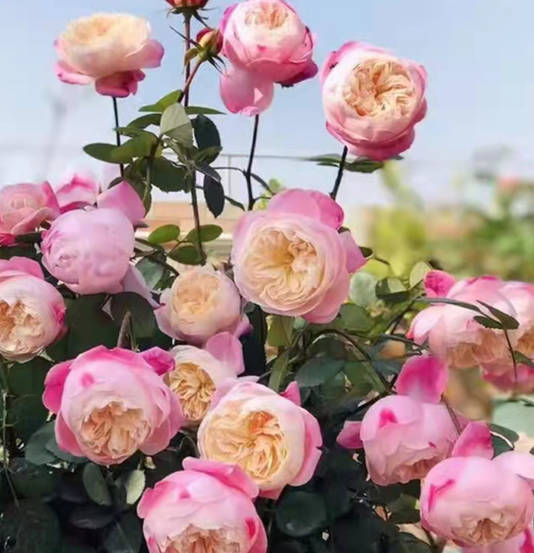
Three key considerations for summer fertilization
- Dilution concentration of water-soluble fertilizer: Adhere to the principle of “light fertilization with frequent applications” to avoid root burn.
- Avoid high-nitrogen fertilizers: These can cause black stem issues.
- Use controlled-release fertilizers with caution: High temperatures increase the risk of fertilizer damage, which is difficult to remedy.
Special note:
- For roses with stunted growth, it is recommended to suspend fertilization.
- If unsure whether to fertilize, suspend water-soluble fertilizer and apply a small amount of controlled-release fertilizer around the pot edge. Resume normal fertilization after autumn pruning.
